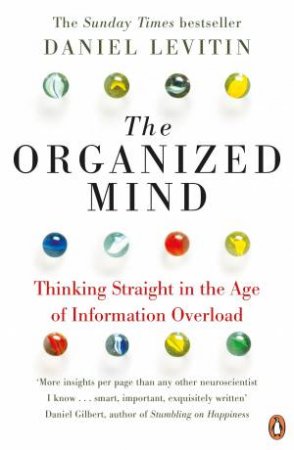
Real science books have minuscule audiences compared with books that promise the secrets of perfect health Levitin, a genuine scientist, aims to enjoy the best of both worlds. Good genes are necessary but not sufficient upbringing and environment play an essential role, and both work best if one takes advantage of opportunities. As background, he devotes more than half the text to a fine overview of brain function, human physiology, and psychology that supports his point.

A Field Guide to Lies: Critical Thinking in the Information Age, 2016) emphasizes “that it is the interactions of genes, culture, and opportunity that are the biggest determinants of the trajectory our lives take how our brains will change and whether or not we’ll be healthy, engaged, and happy throughout the lifespan.” He adds that since our years are divided into what he calls “healthspan” and “diseasespan,” we should aim to prolong the former. Neuroscientist Levitin (Emeritus, Psychology and Neuroscience/McGill Univ.

An enthusiastic review of old and new research into the means of extending life.


 0 kommentar(er)
0 kommentar(er)
